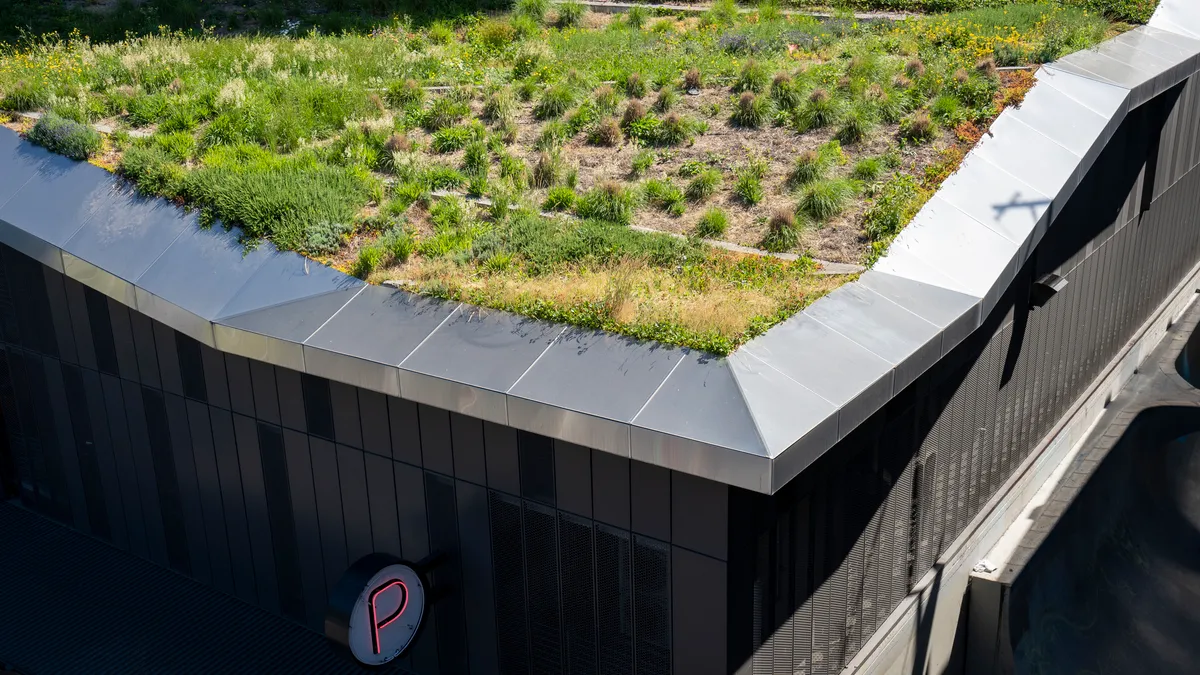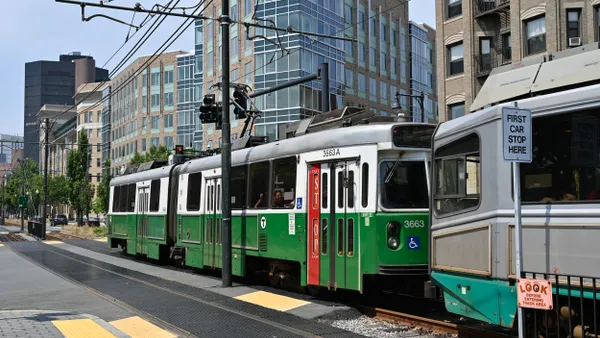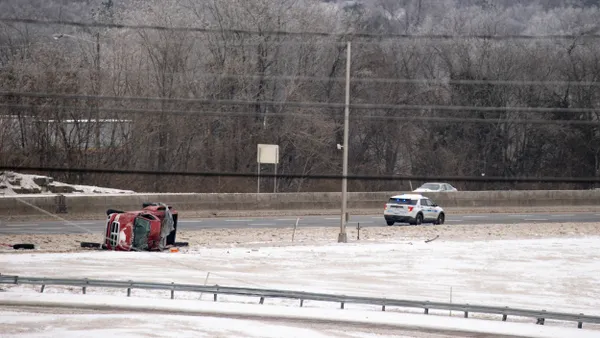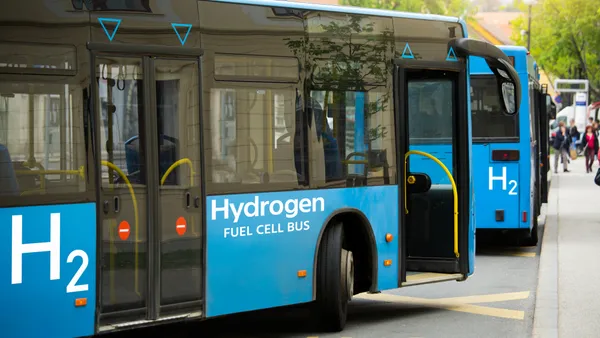Dive Brief:
- Cities can apply the lessons they have learned from deploying 5G when preparing their infrastructure for autonomous vehicles (AVs), an expert said Thursday.
- David Schutt, CEO of engineering organization SAE International, said cities can build on what they have learned through 5G preparations, which has involved installing small cell infrastructure, and do something similar for AVs by preparing and improving their existing infrastructure while introducing new technology to help cars communicate with traffic signals and each other.
- “What we need to do is find ways as technology evolves, what infrastructure is laid that can adapt and respond,” Schutt said at an event in Washington, DC hosted by media company Axios. “The telecommunications industry has been doing this with cellphones: 2G, 3G and 5G now coming out. We're going to have to have a similar approach in the infrastructure. It's a big investment.”
Dive Insight:
The growth of 5G in cities has been largely driven by telecom companies who are all jostling for a position as a leader in the technology. The future of AVs is just as hazy, as companies carry out tests in closed facilities with only rare sojourns onto public streets. And those public tests, while avoiding being noteworthy, have resulted in some tragic accidents including the death of a pedestrian struck by an autonomous Uber in Tempe, AZ. To quell residents’ concerns, Schutt recommended "engaging the public, learning what their concerns are, what their fears are and most importantly getting facts on the table and good solid data."
Schutt on how far along autonomous vehicle technology is right now: “We’re in the first inning of a very exciting baseball game.” pic.twitter.com/Pld87EJfVI
— Axios (@axios) September 13, 2018
But Schutt urged cities to be thinking about how to prepare themselves and their infrastructure for AVs, although he noted the uncertainty in the industry that may prevent some cities from moving too fast before they know what will happen. "It's a massive infrastructure that has to be developed,” he said. "We're getting a lot of questions from city mayors and organizations like that, what technology should we put down into the road? There really is no singular answer to that."
And that uncertainty has bled into the regulatory process at the federal, state and local levels. The U.S. House of Representatives passed the SELF DRIVE Act just over a year ago but have seen efforts in the U.S. Senate to pass the companion AV START Act stall on the floor. Schutt said uncertainty and the patchwork of state laws that have tried to fill the void has been "a good thing in the sense that we have multiple approaches and we're testing the different approaches for what can work. We're learning from different places what works well and what may not work as well."
But in separate remarks, Rep. Bob Latta, R-OH, disagreed. Latta, who was part of a group of House Republicans that called on the Senate to move on AV legislation at a press conference last week, said the United States must stay a world leader in the technology, and to do that must pass federal regulations.
"We have to get it done, because if we want the technology being produced here in the United States, we want to have jobs here in the United States, we want to make sure that it's here, not someplace else," Latta said. "We have a patchwork, but we want to make sure we have a federal standard out there."












